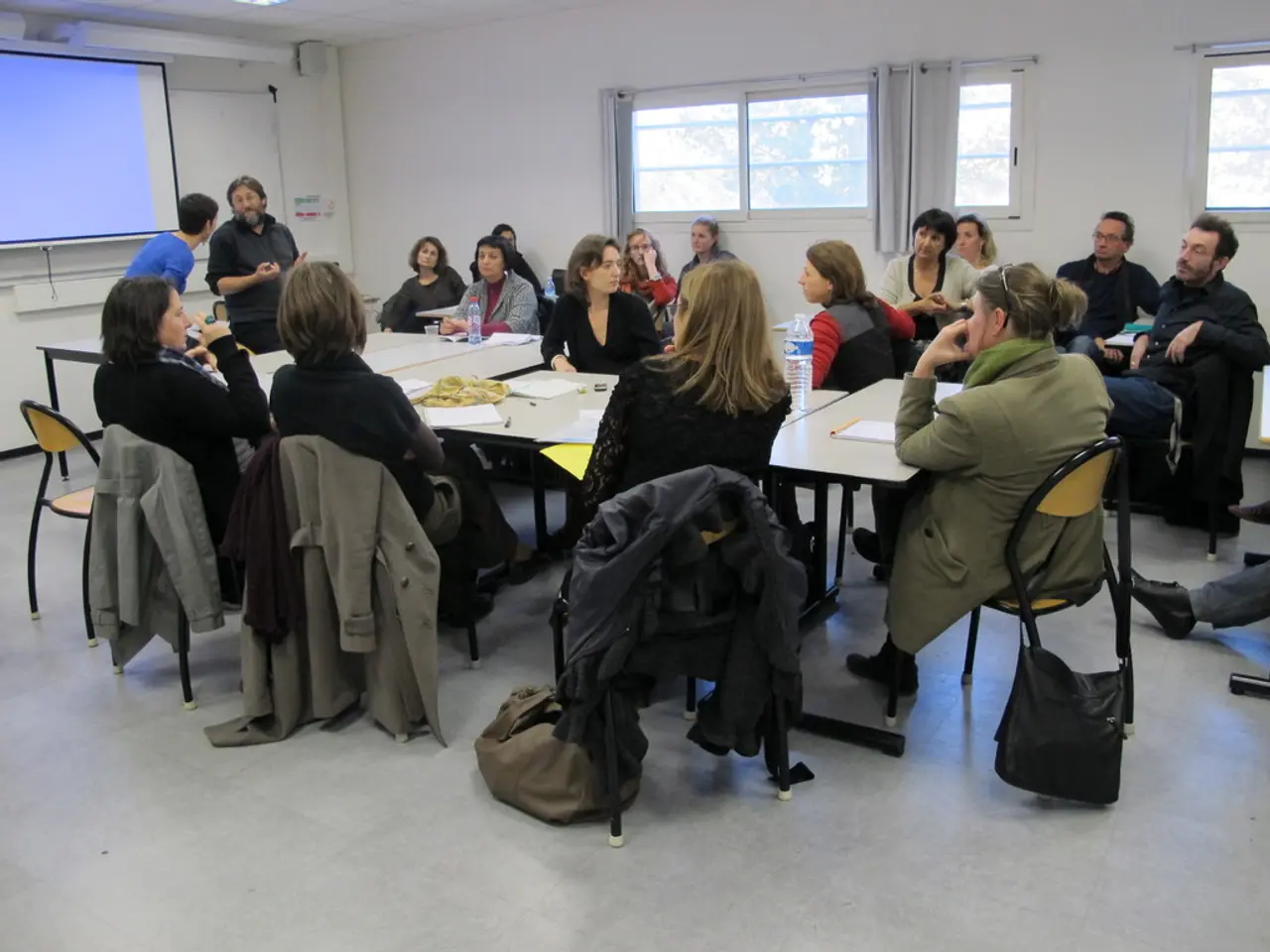Lack of Close Social Ties May Indicate Exhibition of These Four Characteristics, According to Psychology Insights
Having close, meaningful friendships is essential for emotional well-being and personal growth. However, certain behaviours can unintentionally push people away and make it hard to form these connections. Psychology has identified four key behaviours that may indicate difficulty in forming close friendships:
- Being overly demanding: Constantly expecting friends to drop their plans and give you their full attention can show a lack of respect for their time and individuality.
- Being flaky: Failing to follow through on plans or commitments can cause others to lose trust and reliability in the relationship.
- Belittling others: Putting friends down or making them feel undervalued damages emotional bonds and trust.
- Trust issues: Difficulty believing that others have good intentions can lead to avoidance of emotional closeness and challenges in forming deep connections.
Additionally, attachment difficulties, such as limited empathy and fear of rejection, also contribute to challenges in maintaining friendships. Preferring solitude does not necessarily mean one cannot have close friends, but it depends on the individual's comfort with social interaction.
Jealousy can also play a role in one-sided friendships. Allowing jealousy to escalate unchecked can create a toxic environment that erodes trust and fosters negativity. A friend who gets jealous of everything good in your life may not want you to succeed. Consistently making someone the punchline of jokes can indicate a lack of respect for them.
A 2021 study suggests that a lack of transparency and consistency can hinder the formation of meaningful relationships. When someone consistently fails to follow through, it sends a message that they can't be relied upon. Dismissiveness, or belittling or ignoring others' feelings or concerns, can chip away at a person's self-esteem and confidence.
It's important to remember that taking care of oneself comes first before giving oneself to others. Avoiding friends who emotionally drain you can help maintain emotional well-being. Having zero best friends in life may indicate displaying these four specific behaviours. Belittling others as a means to seem cooler can feel like a betrayal of trust.
In conclusion, understanding these behaviours and working on self-improvement can help improve and maintain healthy, meaningful friendships. It's essential to communicate openly, be reliable, and respect others' feelings and time to foster strong, lasting connections.
- While astrology might offer insights into personalities, understanding psychology can provide a clearer picture of why some people struggle to form close friendships, as behaviors like being overly demanding or belittling others can harm relationships.
- Mental health and mental-health issues, such as attachment difficulties or trust issues, can make it challenging to form deep relationships, as they may hinder emotional closeness and promote avoidance.
- In the realm of health-and-wellness and lifestyle, it's crucial to practice self-care and surround oneself with individuals who provide emotional support, avoiding those who emotionally drain you, as maintaining balance is essential for overall well-being.
- Jealousy can jeopardize one-sided friendships and create a toxic environment, eroding trust and fostering negativity, making it necessary to address this emotion to avoid damaging relationships.
- In the context of relationships, transparency and consistency are key elements for building meaningful connections, as consistently failing to follow through or dismissing others' feelings can hinder the formation of such relationships.




